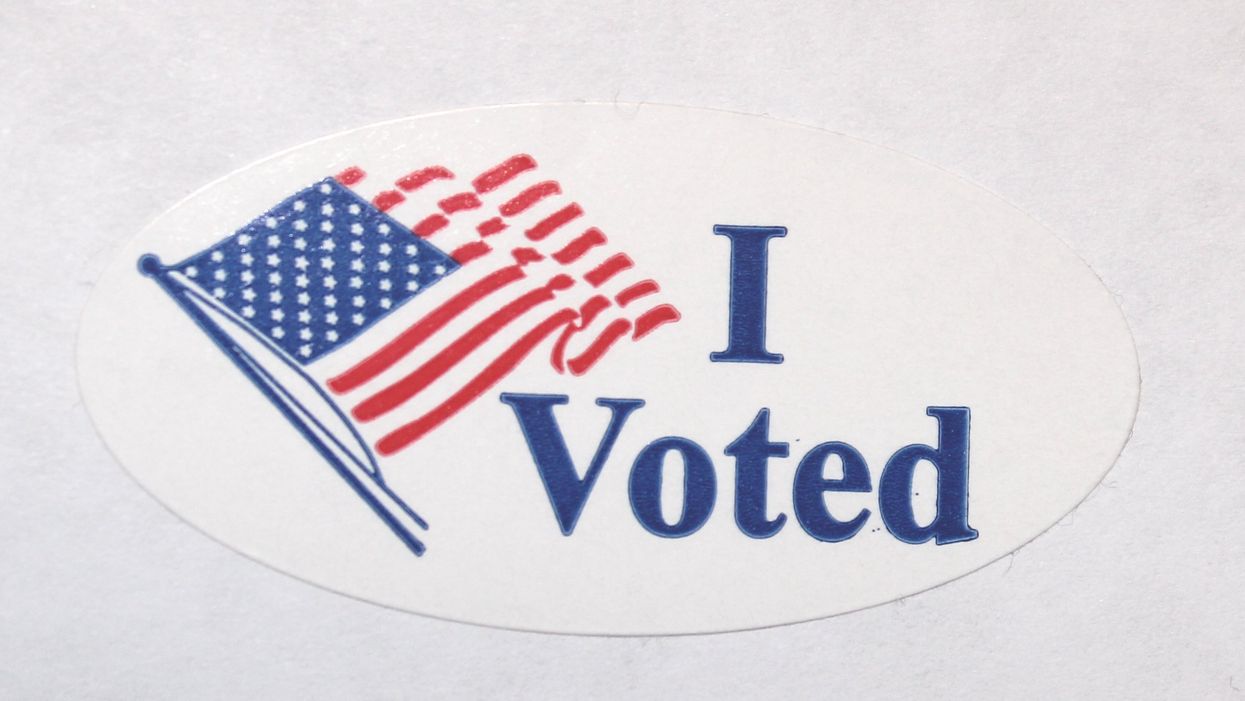In the final days of any election campaign, candidates make closing arguments. After months on the trail, they summarize their case about why they deserve to be elected.
At Election Dissection, we're asking our election experts to consider a similar exercise heading into the last few days of the 2020 campaign. We want their final, bottom-line thoughts on the contentious fights to expand ballot access, to improve elections and to protect voting rights in 2020. We're asking them to sum up their work, and what they say to non-experts, like their friends and family, how they feel about the U.S. election as it winds down.
Quentin Palfrey, founder and chairman of the Voter Protection Corps, sat down with us to talk about what's on his mind leading up to Nov. 3.
What's your message for voters in the final days of campaign 2020?
One of the things I've learned working on voter protection issues is there's a mismatch between identifying problems that are solvable and having the resources to solve them. The things causing long lines, or voter confusion, or other problems at the polls are things we were in a better position to solve six months ago rather than the next four days.
That said, there's a ton we can still do to make sure people can register to vote, and people have their votes count. Number one, people should make a plan to vote. They should encourage people in their networks to vote. They should get out the vote.
We're seeing extremely high levels of voter enthusiasm. About 80 million people have already voted. We may get to 155 million or 160 million. That would be significant.
What are you still worried about?
We've seen a lot of voter confusion, misinformation and disinformation in this cycle. We know foreign adversaries have been seeking to influence the election. There's a lot of online disinformation targeting African Americans, Latinos and students.
There are some really important programs out there to make sure voters have good information. The Voter Protection Corps has set up a website for students in New Hampshire. Common Cause has a really wonderful program that targets online disinformation. You can sign up for it, watch online and report suspicious messages.
What's the bottom line about the 2020 election?
This is the most important election of our lifetimes. A lot of aspects of democracy — and the direction this country is going to take — are on the ballot.
This is a window of opportunity. We need to do whatever we can do to make sure our democracy functions. Whatever you do, do something. Do something so you can say to yourself and to your family that you did everything you could.
We are at a dangerous place in our democracy, there's no two ways about it. Having the president of the United States actively undermining our democracy is a huge threat. The solution to that threat is active participation in the election. We see voters all over the country coming out and looking for change. We want to join those folks and fully usher in a new direction for democratic norms. The way to do that is to vote.



















Trump & Hegseth gave Mark Kelly a huge 2028 gift